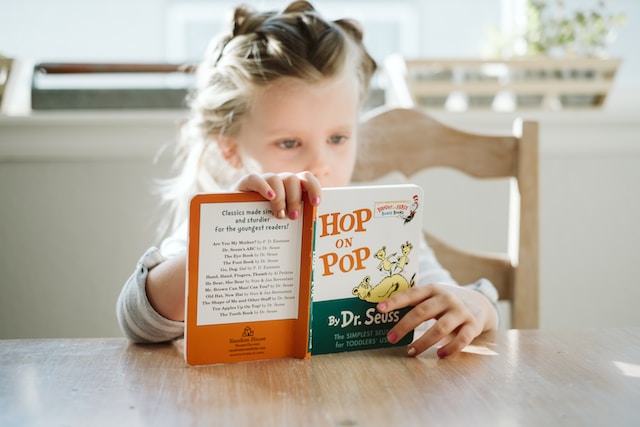
Civic education teaches citizens to participate in self-government. It helps them understand their role in a democratic system and how it is possible to achieve the ideals of democracy.
Moreover, it teaches citizens to explain and analyze civic problems. This ability enables them to detect malfunctions and rectify them.
Providing a Context for Learning
To make civic learning more effective, we must provide students with a context for their education. This context must be based on the expected future use of their knowledge and skills.
It also must address their starting assumptions and cultural background. Then the learning experiences they experience will be relevant and meaningful to them.
In democracies, education aims to teach students about their rights and responsibilities as citizens. This includes teaching them how to obey the laws, not to violate those laws, and honor their country, its principles, and its values.
It also requires teaching students how to debate, simulate, and deliberate on issues of public concern. These activities are cognitively and ethically demanding.
Giving Students Opportunities to Act
To create a sense of agency, students need to feel that they have meaningful and worthwhile choices. When they see that their actions have a tangible impact on their peers, they become more engaged and productive in class.
One way to accomplish this is to give students a voice in decisions about what rules they will follow or policies they will be held accountable for. This will strengthen their civic values and boost their academic achievement.
Young children often struggle to balance their self-interest with the good of their community, which can be a natural and sometimes tricky tension. Texts that allow for the exploration of this tension can provide essential learning opportunities for young children.
The Importance of civic education book for Young Children provides a well-grounded understanding of how young children can act as civic actors. It draws on research and case studies to explore how young children’s evolving civic identities and experiences shape their thought and action.
Providing Opportunities for Self-expression
Self-expression is a critical part of children’s development and learning. It helps them become well-rounded individuals to handle life’s ups and downs.
It also helps children develop their socio-emotional skills, positive mental health, fine motor skills, and more. Some of the best ways for children to express themselves are through play, art, music, dance, and voluntary work.
Providing young children with opportunities to engage in civic activities that are both meaningful and accessible fosters their civic identity and their dispositions toward democracy. As adults, we need to take this responsibility seriously and create conditions that make it possible for even the youngest students to act in a caring and relational way.
Providing Opportunities for Collaboration
In a classroom setting, children have the chance to work with others on a variety of projects. These experiences teach them the skills needed to collaborate and negotiate with others.
Similarly, in their interactions with adults outside the classroom, children can practice civic skills, such as negotiating, compromising, and advocating for their ideas and interests.
Collaborating with others is an essential life skill; children must develop these skills early on.
When working with a team, ensure everyone feels supported and listened to. It’s also crucial to keep communication lines open. Employees who feel that they can share their opinions and ideas freely are more likely to be creative and innovative, which will contribute to the overall success of your business.





More Stories
The Benefits of a Relaxing Massage – Rejuvenate Your Body and Mind
The Ultimate Benefits of Professional Teeth Whitening
The Advantages of Home Healthcare Services